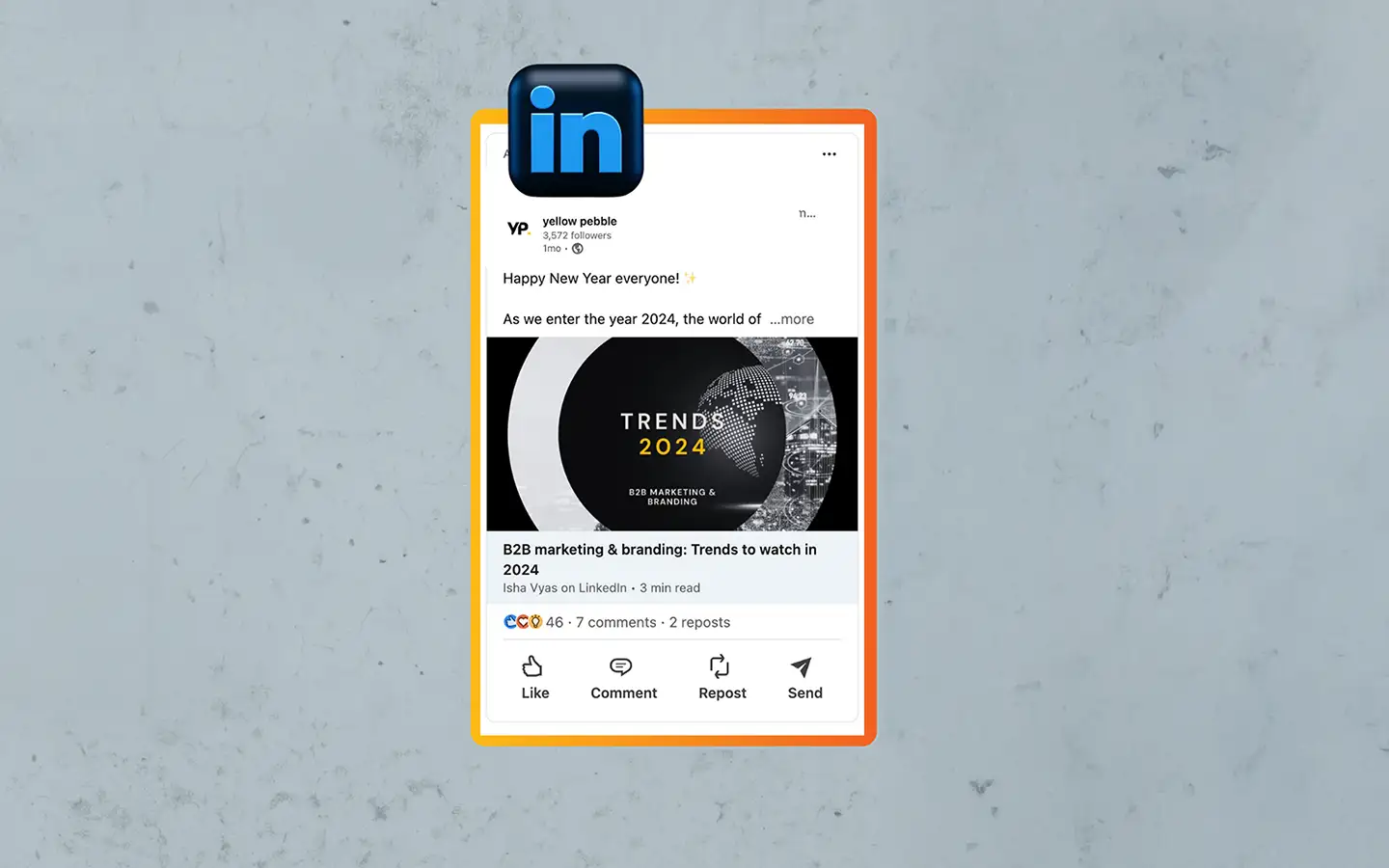Five Dimensions of Brand Personality

When a new business is starting out, sometimes you have an urge to be everything to your customers. However, in most cases, that is NOT the route to building a successful brand. There are several ways to identify your brand’s promise. One such framework, developed by Jennifer Aaker in “Dimensions of Brand Personality”, first published in the Journal of Marketing Research in 1997.
Brand personality is essentially the answer to this question:
“Who would your brand be, if it were a person?”
Why is this important?
Brand Personality is a way to define who you are as a brand. It helps build a coherent brand and impacts all aspect of the brand from the logo and visual identity to the tone of voice and communication.
The 5 Dimensions
There are five key dimensions of brand personality, and brands lean into one or more of these aspects based on their brand positioning, what feels authentic to them and what works for their target audiences.
1. Sincerity: Every business wants to be sincere, but brands with sincerity as their primary attribute are the family-oriented brands, the ones that make you think of the small-town person, honest, genuine, cheerful, wholesome, grounded. They care about the basic human values of generosity, friendships, relationships, service to others, and just in general, are warm and fuzzy. A great example of this is Coca Cola. Others include the various foods brands like Kellogg’s, Campbell’s. A classic car example is Ford or GM.
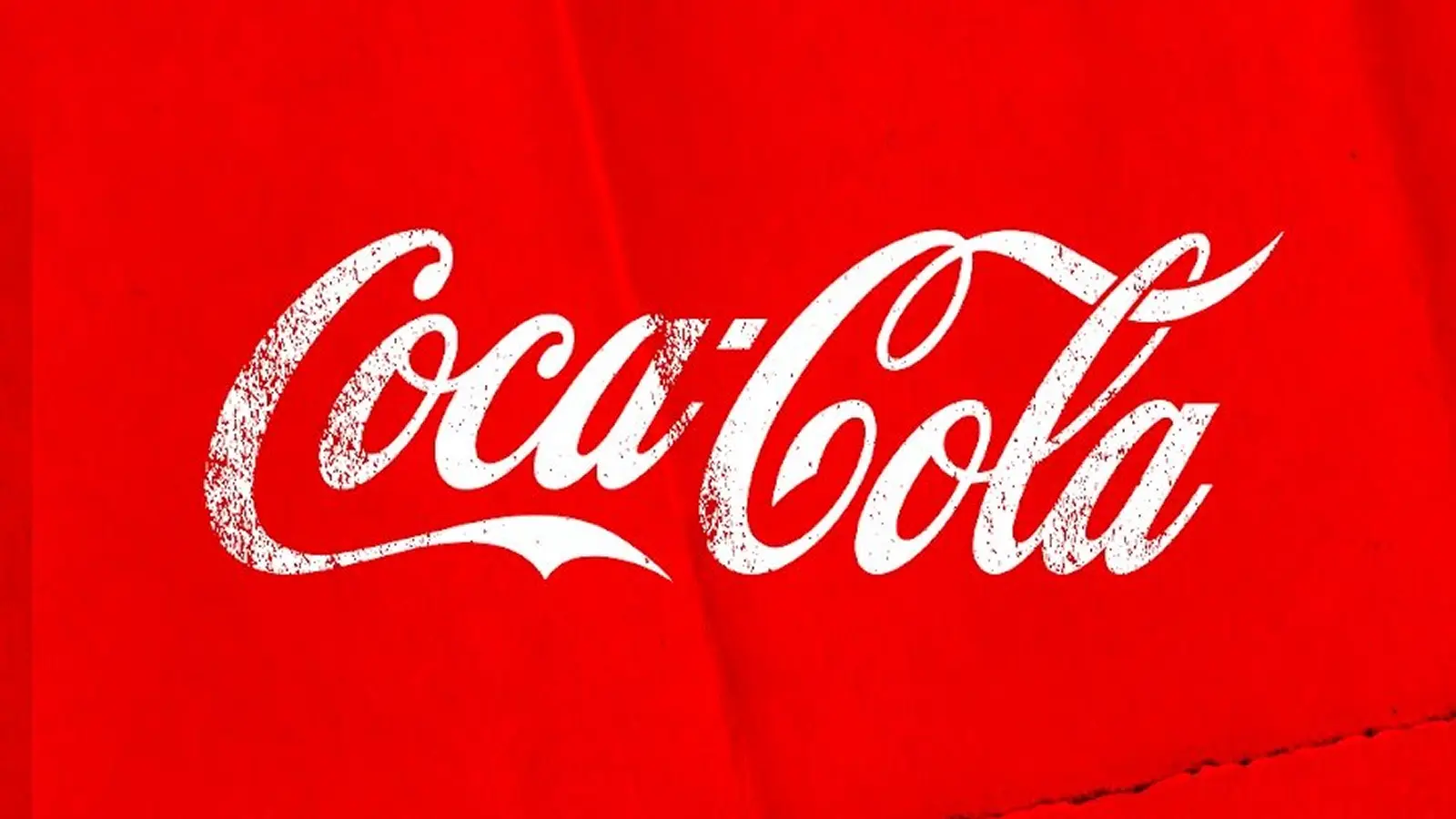
2. Excitement: These are the brands are youthful, daring, spirited, imaginative, rebellious, cool and energetic. They sometimes endorse life on the edge. They are characterized by high tempo music, exciting advertising, bold colors, and unique designs. Many of these characteristics resonate with younger people. You see this embraced by brands like Nike, TikTok, Red Bull. Almost all of the eSports brands fall in this category as well. Or the classic, Ferrari.
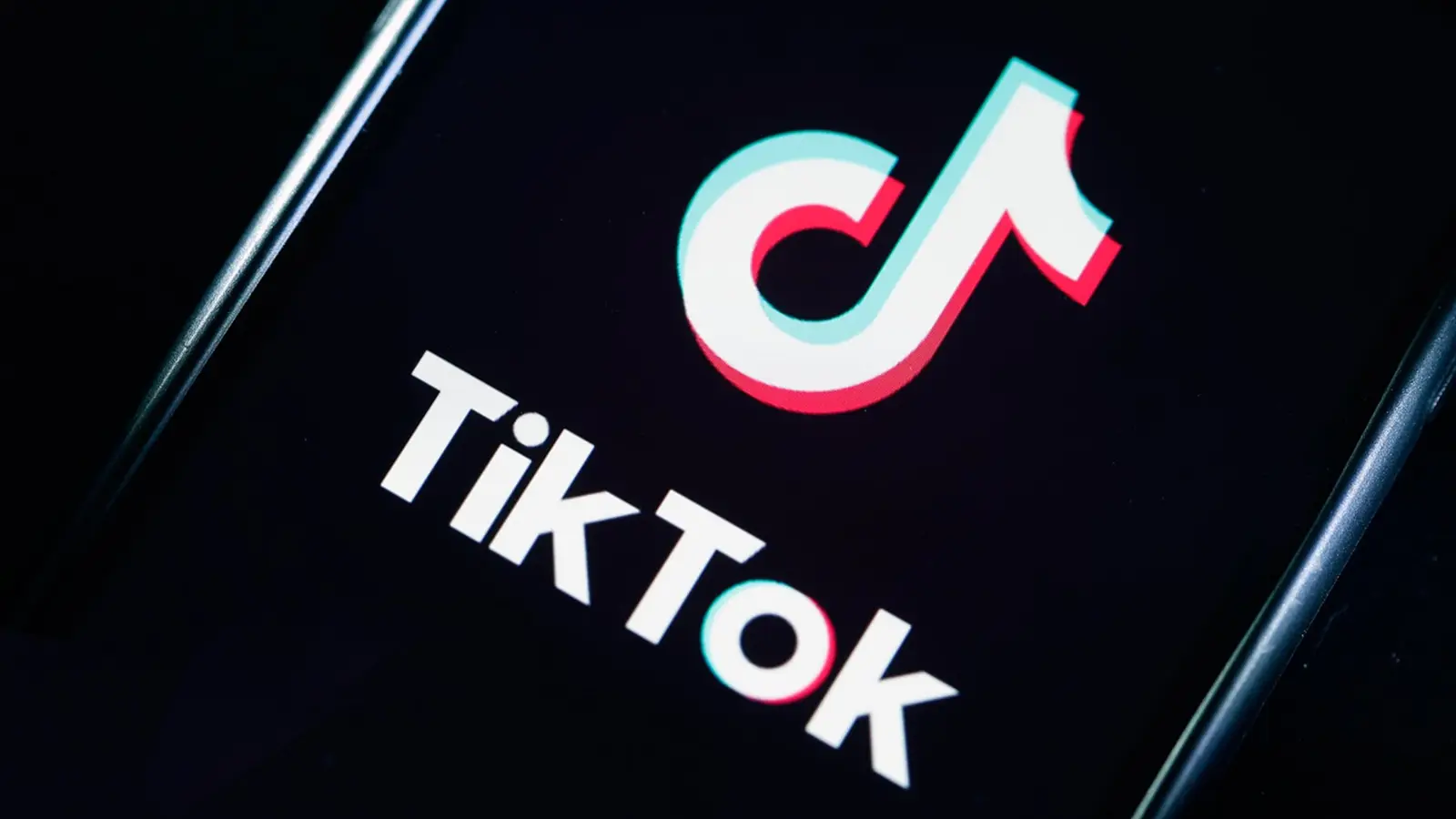
3. Competence: Yes, yes. We understand that everyone wants to be competent, and most of us think we ARE competent as a business. But this is more about competence being the key trait of the brand personality. These are the brands that are reliable, trustworthy, intelligent, confident and give their customers peace of mind. Think mailing services, insurance companies, healthcare providers, or banks. A few good examples are FedEx and Chase. Or the classic example, Volvo.
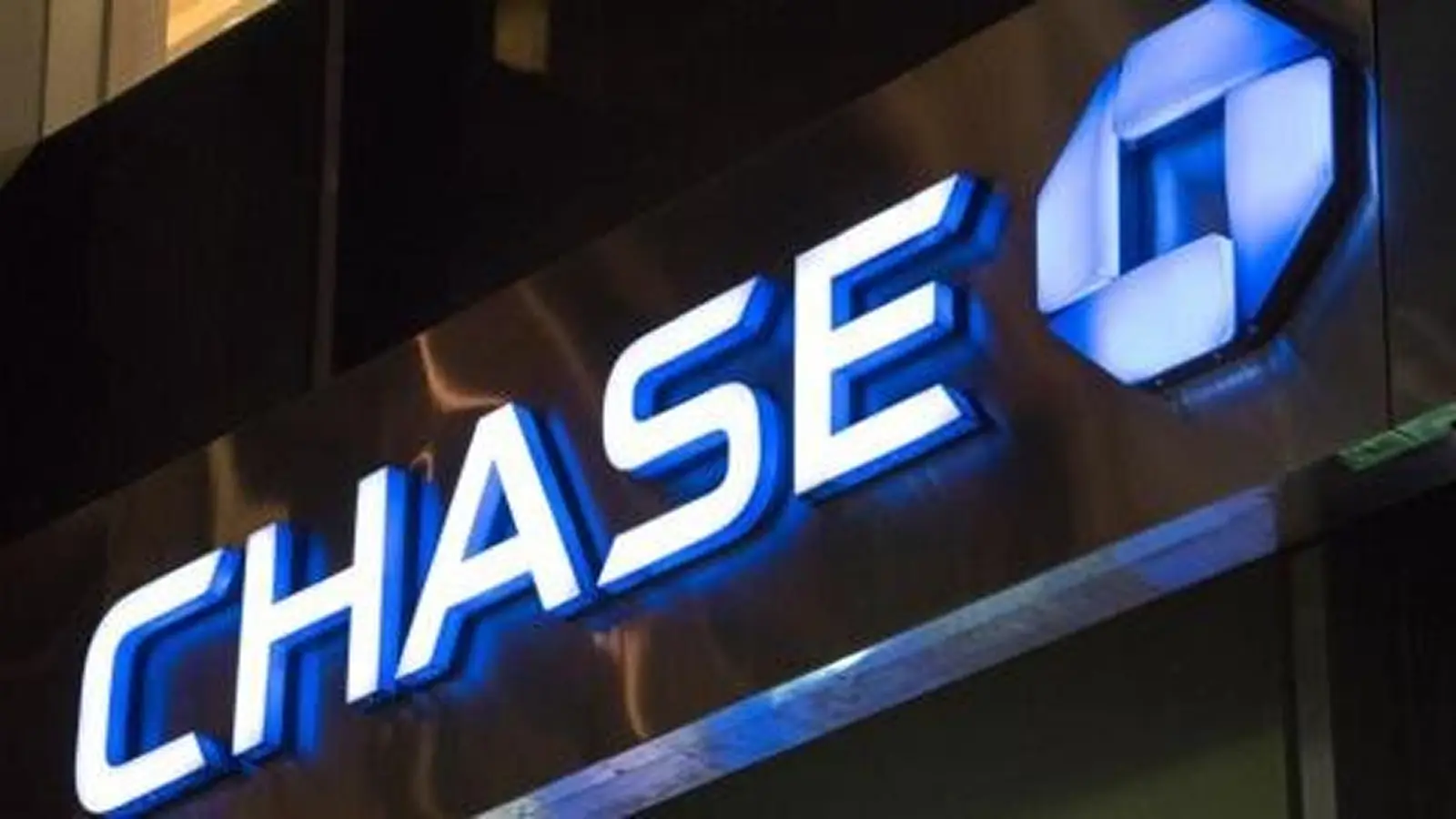
4. Sophistication: This where the ideas of luxury, glamor, splendor and charm become part of your brand. Sophistication is generally found in the premium tier of brands within all categories. There is an underlying element of gracefulness, attention to detail and premium that gets associated with these brands. Think Apple. Or Hermes. Or Nespresso. Or the classic, Bentley.
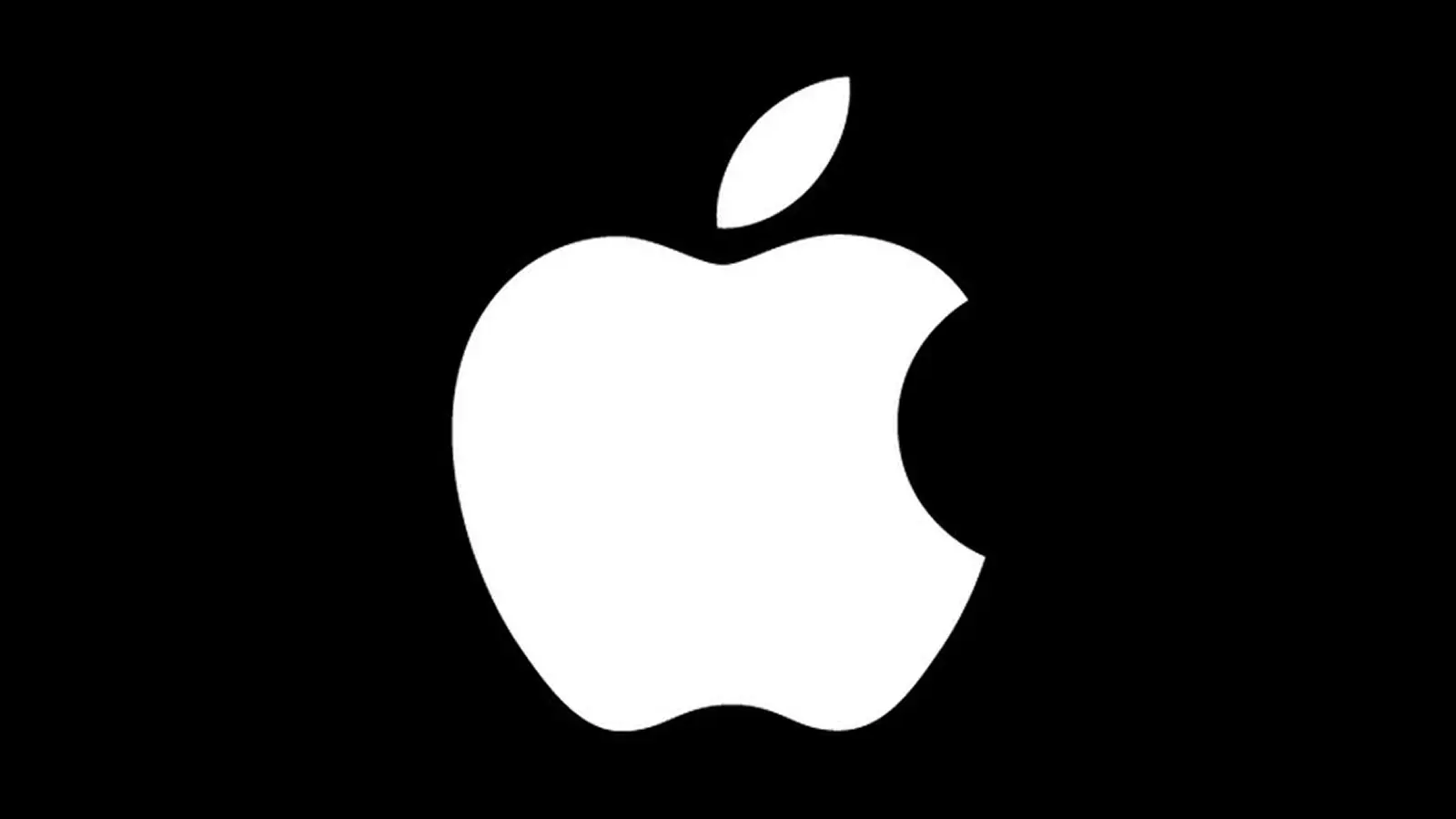
5. Ruggedness: Built to last, these are the tough and outdoorsy kinds. These brands are authentic, no frills, strong, muscular and built with quality that stands the test of time. Many construction, gardening equipment companies, and outdoor gear brands all fall in this category. A few good examples are Levi, Northface, and LL Bean. A car? Land Rover.
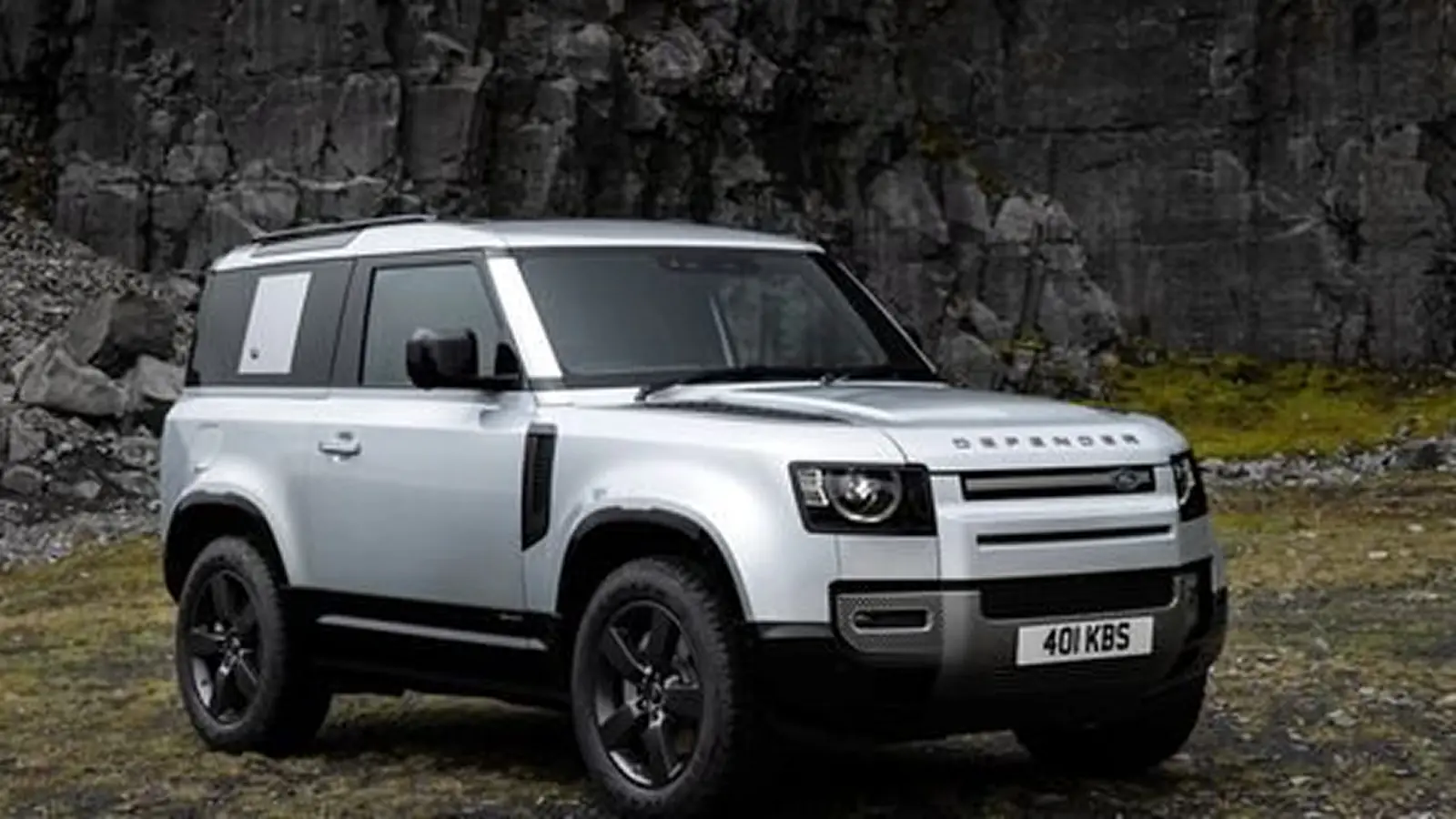
Basis for Building a Brand Personality
How do you pick which dimension(s) you want to lean into, to build your brand personality? 3 Inputs that go into this:
1. Identify the target audience.
Who is the customer you absolutely do not want to miss? Of all the people who purchase your products, you want some of them to be loyalists – who are these people?
If you are an outdoor camping equipment company, you are going to want to appeal to hikers, campers, people who enjoy roadtrips, in general a little more outdoorsy crowd.
2. Create the brand’s positioning within the category.
How do you want to be perceived by your customers? This will come with some competitor research and consumer research – to see what the white spaces are that you can occupy as a brand, and appeal to that target audience.
In the case of the outdoor camping equipment company, you could be seen as a trusted expert, an adventurous friend, or a partner in crime and you brand personality would change accordingly.
3. Ensure the brand is still authentic to you.
After doing all of this, if the personality you end up with is not authentic to the people who make the business, it’s of no use. If you don’t believe in it, no one will.
Identify what fits for your brand, and you’ll have a clearer path ahead in all of your marketing.


Let’s Build What’s Next
We partner with the thinkers, builders, and innovators shaping the industries of tomorrow. Together, we turn ambition into brand power, and ideas into influence.
Talk to us




